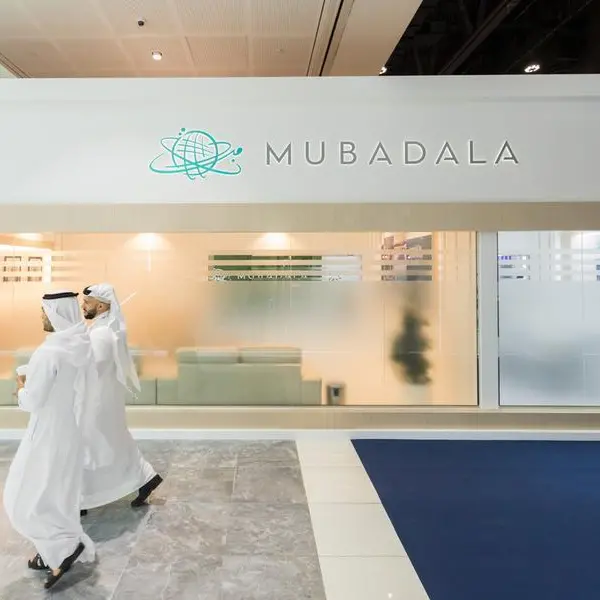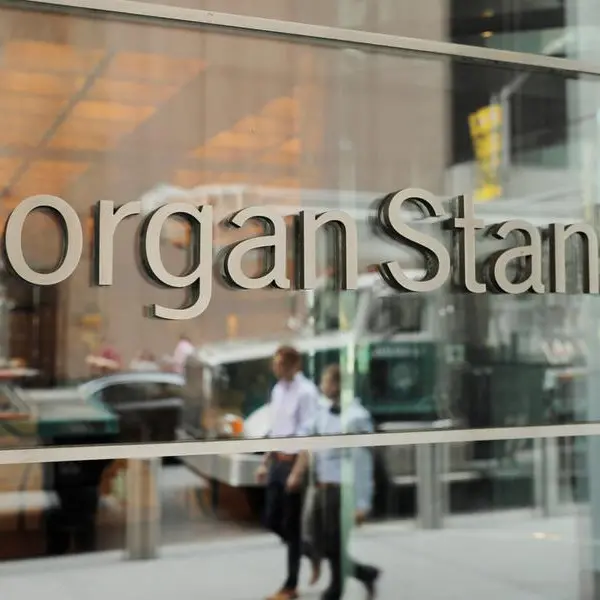PHOTO
The composition of portfolios preferred by financial institutions (FIs) in the Middle East has changed significantly.
Private equity and real estate continue to be favoured by investors, while hedge funds and venture capital (VC) has become less popular, according to UK data firm Preqin.
Preqin identified some of the trends emerging from its Middle East investor surveys in 2022, 2023, and 2024: Real estate stood out over the period, with the proportion of investors allocating 20% or more AUM to this class more than doubling compared with 2022. This accounted for almost half of the survey group in 2024, compared with less than a quarter in 2022.
For private equity, 47.8% of institutions surveyed had 20% or more of their assets invested in the asset class in 2022.
Although this proportion has fallen to 36.7% by 2024, it still represents a considerable chunk of institutional money. At the other end of the scale, 6.7% of the investors surveyed reported no holdings at all in private equity, and 3.3% in real estate, whereas almost two-thirds (64%) of institutions held no assets in hedge funds in 2024, compared with a quarter in 2022.
None of the survey group held 20% or more of their assets in hedge funds or in VC, compared with 20.8% for the latter in 2022. Almost a third (29.6%) of institutions held no VC investments at all in 2024, Preqin said.
(Writing by Seban Scaria; editing by Brinda Darasha)
(seban.scaira@lseg.com)





















